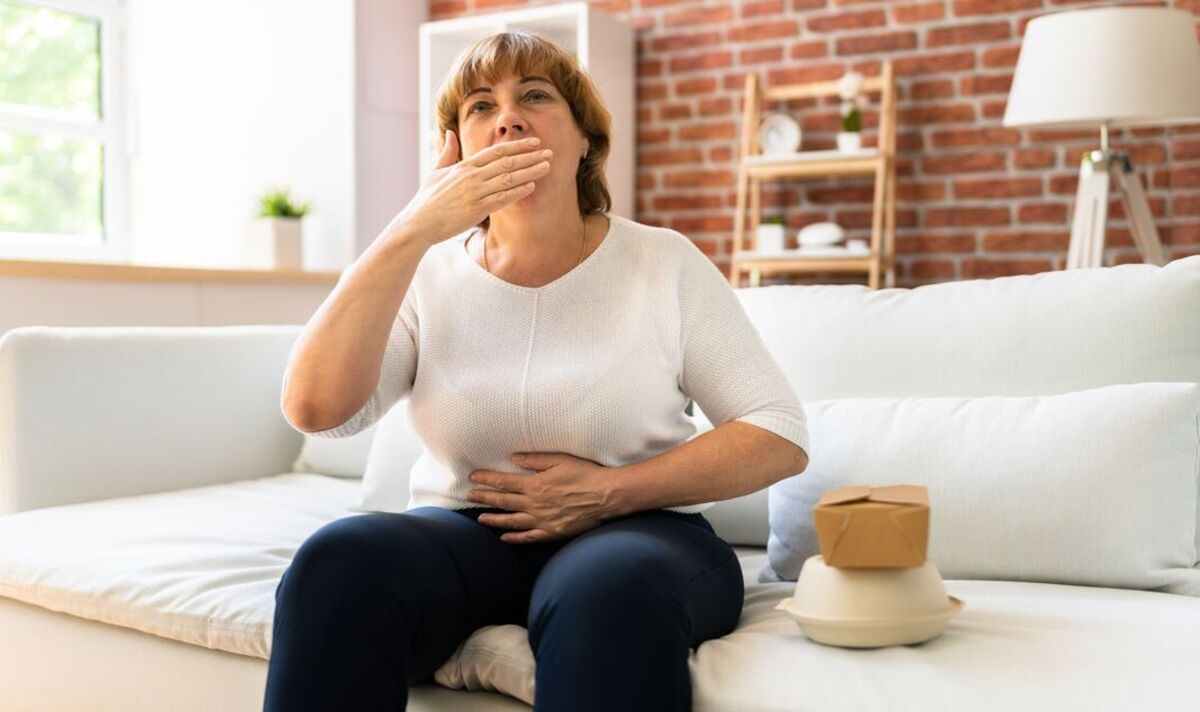Norovirus: How to prevent catching the virus
We use your sign-up to provide content in ways you’ve consented to and to improve our understanding of you. This may include adverts from us and 3rd parties based on our understanding. You can unsubscribe at any time. More info
The number of reported cases is the “highest seen at this time of year in over a decade”. Also known as the “winter vomiting bug”, norovirus is a stomach bug that causes vomiting and diarrhoea. Dr Lesley Larkin, the surveillance lead at the gastrointestinal infections and food safety division at the UKHSA commented on the recent upsurge in cases.
“Norovirus levels are currently the highest we have seen at this time of year in over a decade,” said Dr Larkin.
“Most reported cases are in the over 65s and we’re also seeing a rise in reported outbreaks, particularly in care home settings.
“Please stay at home if you are experiencing norovirus symptoms and do not return to work.”
Dr Larkin emphasised this is “particularly” the case if you work with vulnerable people or food.
READ MORE: Smell that? Seven warning signs that can help uncover ‘difficult to spot’ bed bugs

Children who have norovirus should not be sent to school or nurse “until 48 hours after symptoms have cleared”.
Dr Larkin added: “If you have a loved one in a care home or hospital, please avoid visiting until 48 hours after symptoms have cleared.”
She stated: “Regular hand washing is really important to help stop the spread of this bug.
“But, remember, alcohol gels do not kill off norovirus so soap and warm water is best.”
NHS medical director Professor Sir Stephen Powis said: “The number of people in hospitals with norovirus has risen significantly in line with what we are seeing in the community and in care homes.
“It is a really unpleasant illness to catch, but for the vast majority of people it will usually pass in a couple of days.”
How to protect yourself and others from norovirus
The UKHSA recommended five key points to help reduce the spread of norovirus and how best to protect yourself.
Aligning with the advice from Dr Larkin, one of the best ways to not catch norovirus is to “wash your hands frequently and thoroughly with soap and warm water”.
READ MORE: ‘I was in complete shock’: Bowel cancer patient wasn’t too concerned with his symptoms
Handwashing is recommended not only after using the loo, but also “before eating and preparing food”.
If somebody in your household has nororvirus, there are precautions you can take to prevent yourself from getting infected.
“When someone with norovirus vomits, the droplets contaminate the surrounding surfaces,” the UKHSA points out.
“A bleach-based household cleaner or a combination of bleach and hot water should be used to disinfect potentially contaminated household surfaces and commonly used objects such as toilets, taps, telephones, door handles and kitchen surfaces.”
Source: Read Full Article
